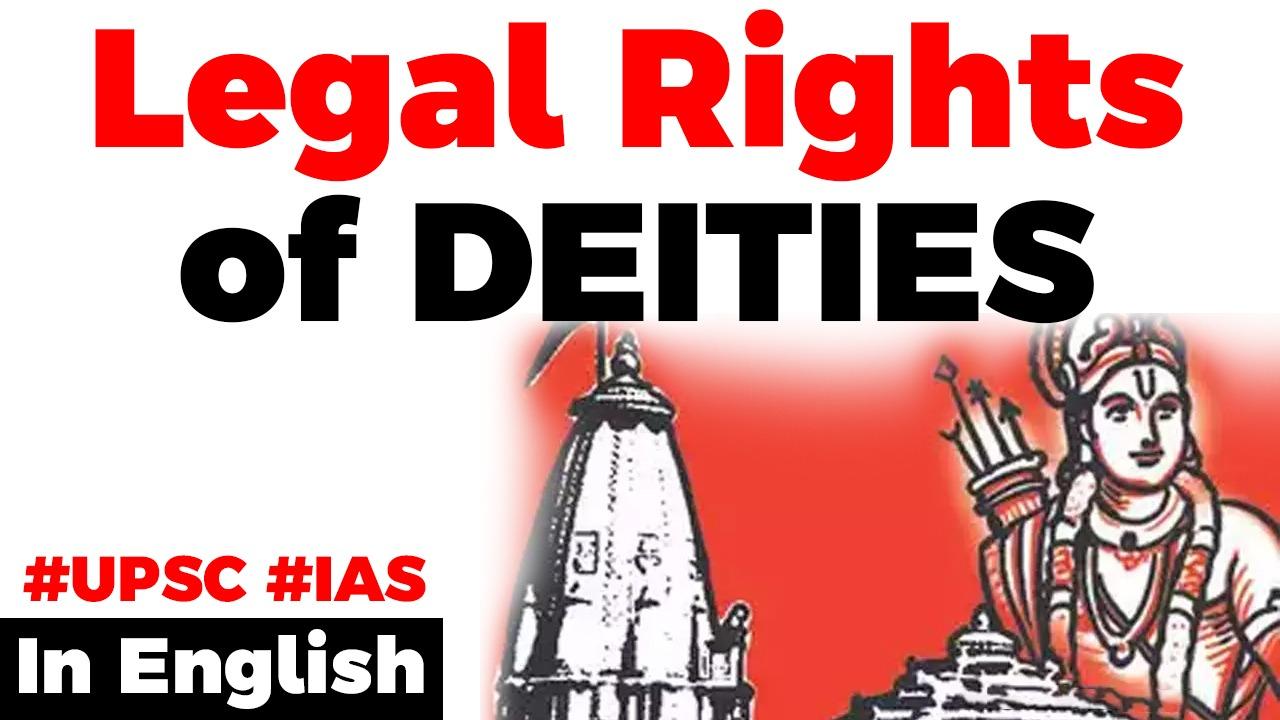Table of Contents
Context
- Among the parties in a famous temple suit appeals now being heard by the Supreme Court is the Lord represented by His “next friend”.
Juristic person
- A juristic person, as opposed to a “natural person” (that is, a human being), is an entity whom the law vests with a personality.
- It states that the very words Juristic Person connote recognition of an entity to be in law a person which otherwise it is not.
- Gods, corporations, rivers, and animals, have all been treated as juristic persons by courts.
Background
- The treatment of deities as juristic persons started under the British.
- Temples owned huge land and resources, and British administrators held that the legal owner of the wealth was the deity, with a shebait or manager acting as trustee.
GOD
- God as an abstract concept is not a juristic entity, deities in Hindu law have been conferred personhood, as capable of being bestowed with property, or leading it out or suing to take back possession.
- Thus, by a legal fiction installed deities at Hindu places of worship have been treated like other real persons for the purpose of law
- However, not every deity is a legal person.
The rights of deities
- Apart from owning property, paying taxes, suing, and being sued, what else do deities as ‘legal persons’ do?
- It was argued that deities have property rights, but not fundamental rights or other constitutional rights.
Religions
- A mosque has never been held as a juristic person, because it’s a place where people gather to worship; it is not an object of worship itself. Neither has a church.
- In Shiromani Gurdwara Parbandhak Committee vs Som Nath Dass and Others (2000), the SC ruled that the Guru Granth Sahib cannot be equated with other sacred books.
Who Else?
- In May, the Punjab and Haryana High Court held that the “entire animal kingdom” has a “distinct legal persona with corresponding rights, duties, and liabilities of a living person”.
- On March 20, 2017, the Uttarakhand High Court declared that the Ganga and Yamuna would be legally treated as “living people,” and enjoy “all corresponding rights, duties and liabilities of a living person”.
Latest Burning Issues | Free PDF






















 WhatsApp
WhatsApp